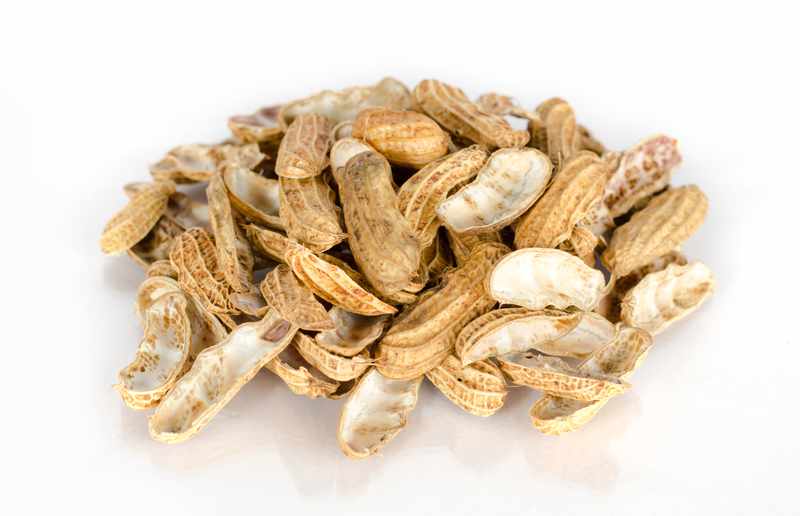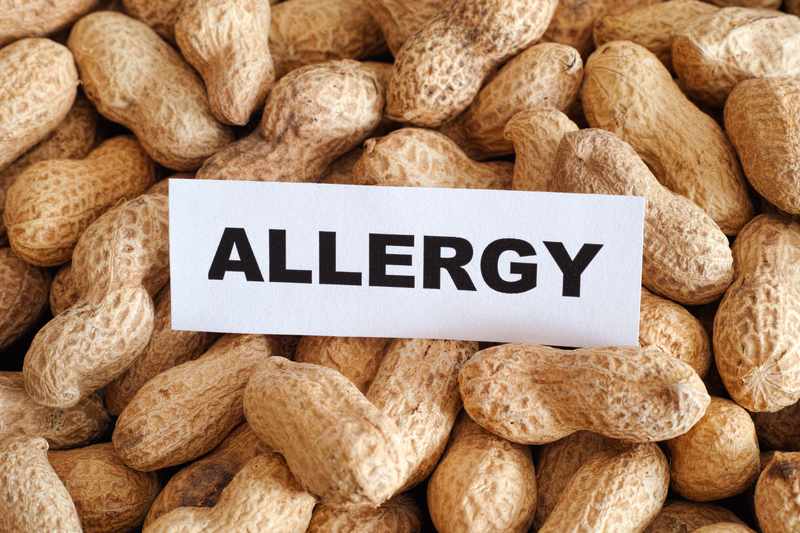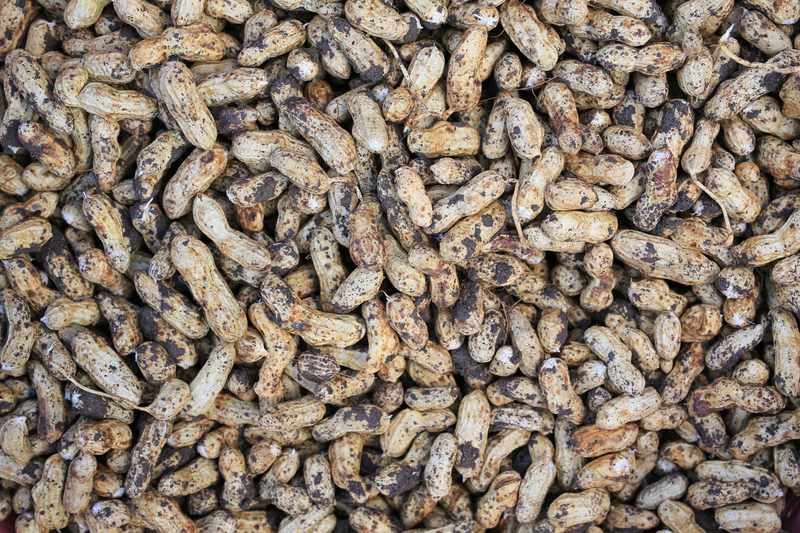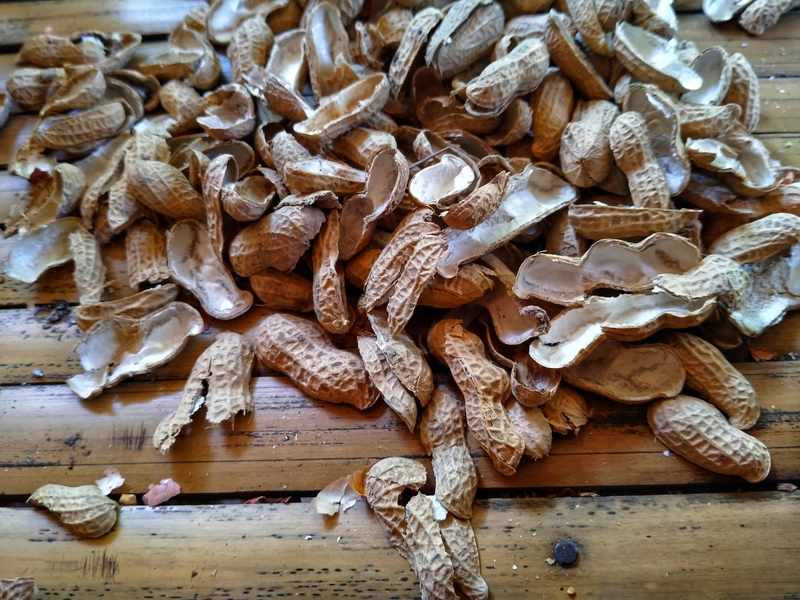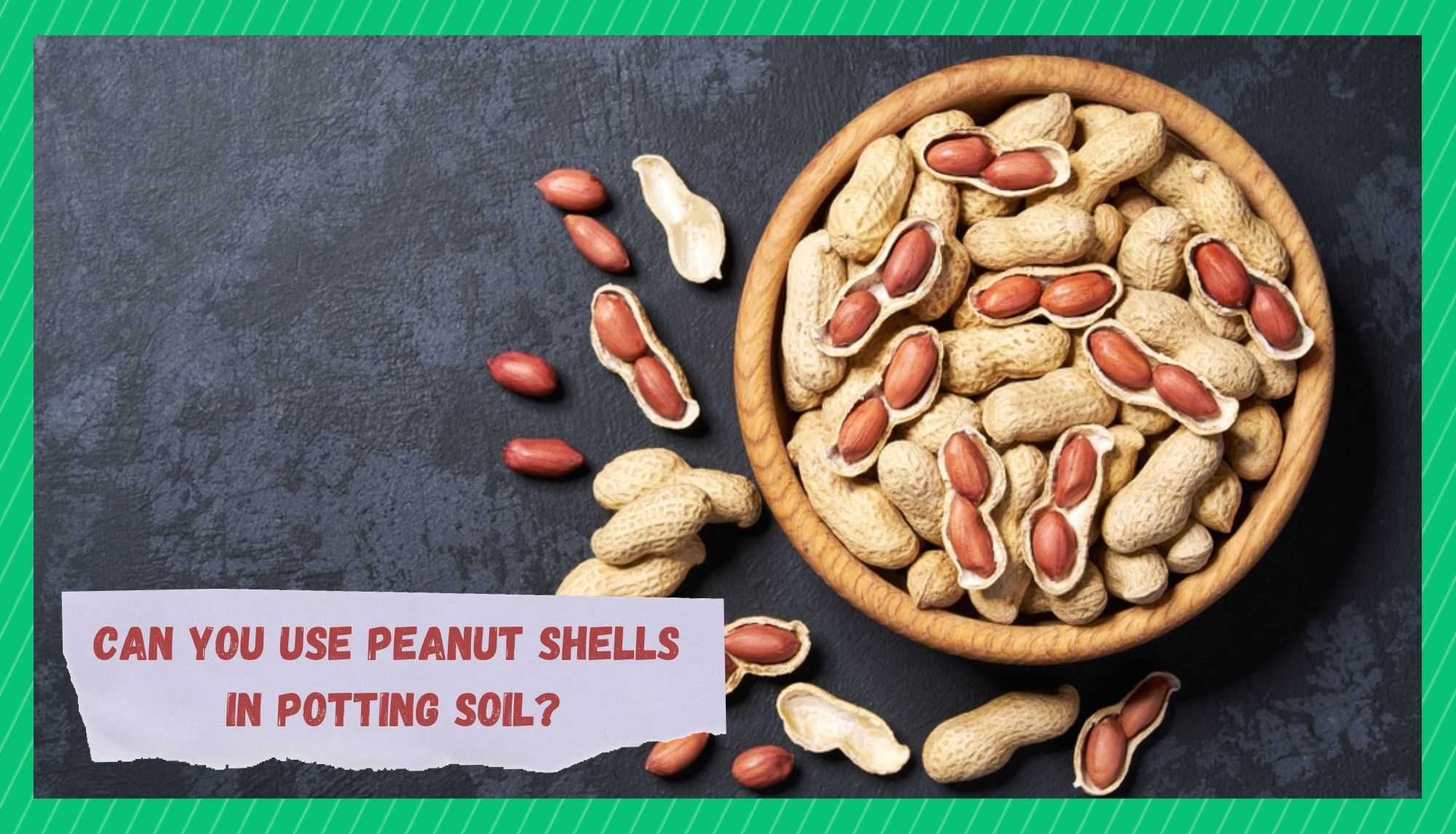
There are a whole lot of things that you can do in order to improve your compost material’s quality. To achieve quality and consistency, it is critical to know the right amount of brown and green material that is to be added to the compost.
The green matter has a mixture, which is important for proper decomposition. On the other hand, brown matter is a carbon-rich organic matter.
Any expert gardener will tell you that plants need the right balance of nutrients in their soil to grow. If the soil lacks any essential nutrients, soil amending is recommended. This ensures the smooth and healthy growth of plants.
Plants require a mixture of mineral and non-mineral nutrients for growing. The non-mineral nutrients, such as oxygen and hydrogen, are obtained from the environment.
On the other hand, the mineral nutrients, such as nitrogen, potassium, and phosphorus, are dissolved in the soil water, and plants absorb them from the soil. Compost provides the soil with the vital nutrients that it needs for proper growth.
There have been many debates regarding using peanut shells in the potting soil. While some think it ruins soil quality, others believe it acts as a fertilizer.
While it is widely speculated, this article will debunk all the myths about the use of peanut shells in the potting soil. Let’s delve further without any further ado!
Peanut Shells in Potting Soil
If you have ever purchased some potting soil from a store, you will know that the mixture has remnants of peanut shells.
First things first, the presence of these shells is not harmful to the plants, but people with allergies are advised to stay away from such potting mixture. The peanut shells can trigger an allergic reaction if you have peanuts or a nut allergy.
Many cases have been reported where users faced allergic reactions after using peanut shells in potting soil. So, if you happen to be peanut-allergic, the best option is to specifically ask for the potting mixtures that are free from peanut shells.
The good news for you is that many brands offer potting mixtures that are free of peanut shell remnants. Just tell them about your allergy problem, and they will recommend a suitable potting mixture. If you cannot find it at your nearby store, you can go online and purchase it from an online store.
With that out of the way, there is nothing wrong with using potting soil with peanut shells if you are not allergic to them. They have shown great results when it comes to soil aeration and managing the fiber content in the mixture.
Peanut shells can benefit your potting soil in many ways. However, it is important to know the right usage to achieve the best results. They are a useful ingredient to add charm to your potting bin.
They are rich in carbon. When added to the compost mixture, the carbon in these shells nourishes the microorganisms that break down the compost material, thus expediting the composting process.
If there is insufficient carbon in the compost pile, the materials will take longer to break down. This can kill the microorganisms as they feed on the materials to release the nutrients into the plant soil.
Therefore, it is recommended to use peanut shells in the potting soil if there is not enough carbon in addition to nitrogen-rich fertilizers.
While the peanuts contain high nitrogen content, the peanut shells have very little amount of nitrogen. According to research, they have only 1.2% nitrogen. The potassium and phosphorus levels are even lower. However, their high carbon content makes them a great option to use as compost.
In addition to that, the peanut shells do not break down easily, thanks to the cellulose tissues tightly intertwined within. This makes them a great addition to your compost mixture.
As long as the peanut shells are not salted, using them in the potting mixture is not a problem. This will do wonders as the plants will benefit a great deal from the fiber as well as the increased amount of oxygen content in the soil.
Remember that salted peanut shells are not your friend. So, make sure to wash them with water and then soak them for 12-14 hours. Changing the water at least once during the soaking process is also recommended. Most gardeners recommend changing it after 6 hours of soaking.
Rinsing the peanut shells will eliminate the salt content. However, if you are not sure whether it has been eliminated or not, consider changing the water more frequently. You can change it thrice after every four hours of soaking.
How to Make Peanut Shell Soil?
If you want to make peanut shell soil, you’d be glad to know that the process is pretty straightforward. First, you will need to sundry the peanut shells. Alternatively, you can put the shells in your oven for several minutes.
Now, take out the shells and grind them in a grinder. Once you have ground them, crush the pellets to bring them in the shape of powder. Some people also recommend keeping them in hunches. Both forms are fine; you can choose any of them to make peanut shell soil.
Moreover, it is okay to mulch with peanut shells. When carried out correctly, it can benefit your plant. It will keep your plant roots safe from any damage caused by weather conditions. Furthermore, it will also enable your plant to retain water.
Peanut shells are an excellent choice for mulching, thanks to their hard texture. They take longer to decompose, making them a great protective layer. They do not contain any pathogenic bacteria or fungus, so you can rest assured that they won’t ruin your plant with harmful bacteria.
It would be safe to say that they are more useful as mulch than fertilizers. This is because the fertilizers need to decompose quickly to nourish the plant.
How to Use Peanut Shells As Fertilizers?
There are several ways to use peanut shells as fertilizers. You can use them as compost. For this purpose, take some peanut shells and mix them with soil. Now, wait for a few months, and they will automatically fertilize your soil as compost. This soil will be very light, and you can plant any plant in it.
Secondly, you can make peanut shell powder using a mortar, pestle, or grinder. Once you have crushed them, simply mix them into your soil.
To your surprise, there is another way to use peanut shells as fertilizers. Start by taking a pot and adding some soil to it. After that, add your peanut shells to this soil.
That’s it! You can now add any plant of your choice to this soil. And yes, you can also directly add peanut shells to your pot. Regardless of your chosen method, you will certainly benefit from peanut shells.
To Conclude
Thanks to their excellent properties, peanut shells can be used as mulch and fertilizer. They are carbon-rich and benefit your potting soil by feeding the microorganisms.
They do not decompose quickly and are a great choice for mulching. However, they are not suitable for people with peanut allergies. Furthermore, consider rinsing the peanut shells if they are salted before using them in potting soil.

